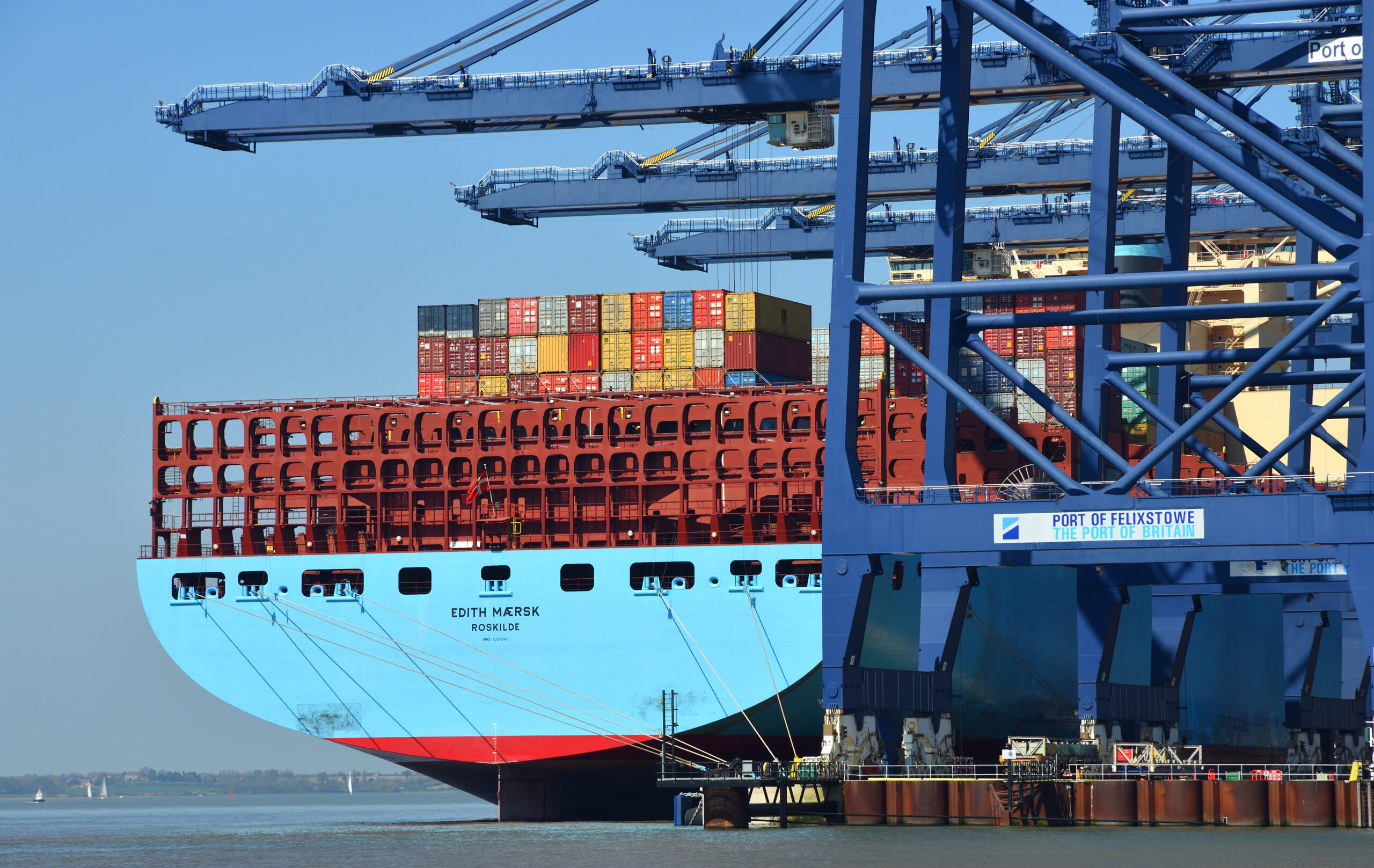The American Bureau of Shipping (ABS) has awarded Approval in Principle (AiP) to Overseas Shipholding Group (OSG) for its preliminary design of a liquefied carbon dioxide (LCO2) barge. While the domestic pipeline infrastructure for CO2 in the US is extensive, maritime CO2 transportation remains underdeveloped. The AiP represents a move toward developing a scalable LCO2 maritime fleet, which could mitigate the risks associated with pipeline-centric strategies.
Engineered by Aptamus Carbon Solutions, a subsidiary of OSG, this design is part of the Tampa Regional Intermodal Carbon Hub (T-RICH) development, a federally supported initiative aimed at reducing industrial emissions in Florida. The LCO2 barge is an articulated tug and barge unit (ATB) equipped with medium-pressure Type-C tanks, capable of transporting 20,000 tonnes of LCO2.
Described as the ‘first of its kind’ by ABS, the barge is specifically designed for operating in US coastal waters and has been configured to meet the demands of LCO2 transportation. US Engineering firms Corban Energy Group and Herbert Engineering also contributed to the design.
Kent Merrill, Vice President of Marine Projects at Aptamus, notes: ‘ATBs are popular and effective in the U.S. for the carriage of petroleum products for several reasons, and those advantages hold true for LCO2 vessels as well. We look forward to the continued detailed development of the design, including designing the tug to utilize green methanol or other green fuels and technologies.’
The T-RICH project is partially funded by a $400,000 grant from the U.S. Department of Energy, awarded in December 2023, and aims to develop a CO2 loading terminal at the Port of Tampa Bay. This initiative is working to establish an integrated supply chain for the collection, processing, marine transportation, and permanent sequestration of captured CO2 from hard-to-abate emission sites in Florida.
The project proposes to receive, store, and process approximately two million tonnes of CO2 annually. The CO2 will be transported by OSG vessels, including the Aptamus-developed barge, for permanent offshore underground storage. The integration of marine transport infrastructure into carbon capture and storage frameworks enhances scalability, particularly in areas where pipeline networks are inadequate or constrained by geographic or regulatory limitations.
Jeffrey Ross Williams, Aptamus President said: ‘This AiP is another big step in our journey to lead the U.S. maritime industry in designing the technology required for success in our nation’s emission reduction goals and in pursuing new and expanding business opportunities in the global energy transition.’
Gareth Burton, Senior Vice President of Global Engineering at ABS, emphasized the broader implications: ‘The safe transportation of CO2 plays a vital role in the carbon value chain, and ABS is proud to use our expertise as the world’s leading classification society for gas carriers to support this milestone project for U.S. operations.’



